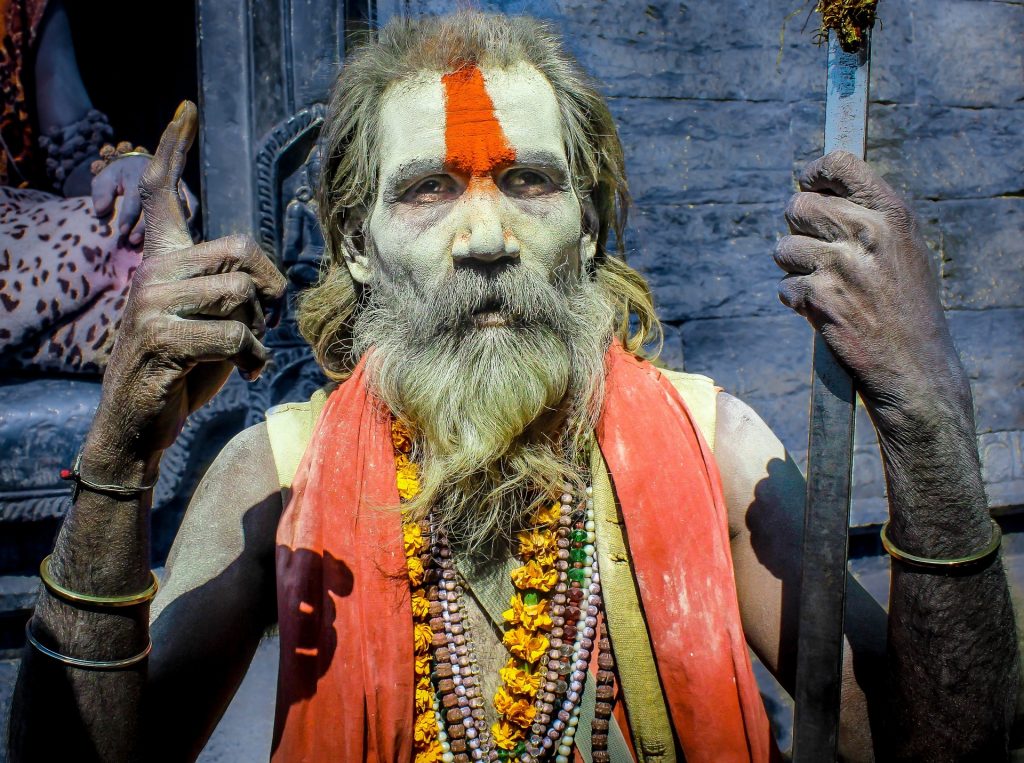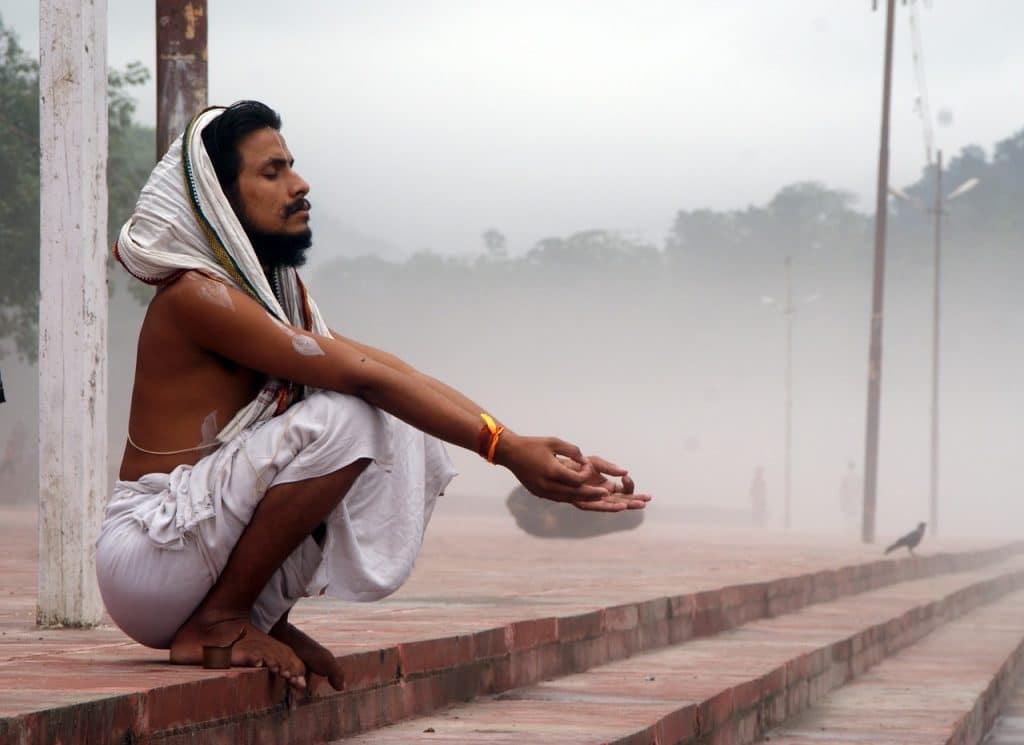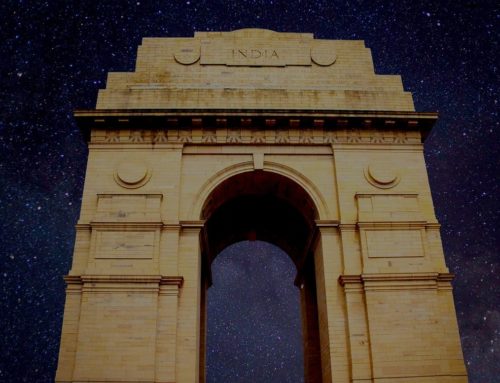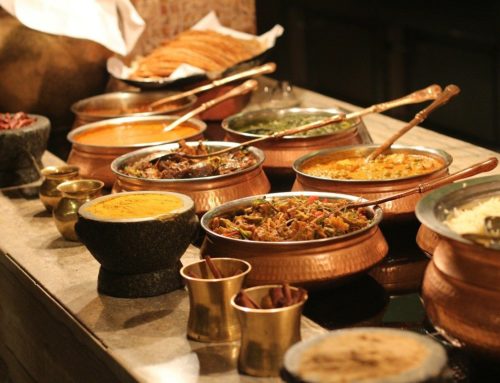Hinduism is the most important religion in India and the third-largest religion in the world, with around 1 billion adherents. Since Hinduism, with its many traditions and interpretations, countless deities and grandiose philosophies can be overwhelming for both believers and non-Hindus, we have tried to sum up here the most important aspects of the religion.

What Hindus believe
Hinduism is not an organized religion nor does it have a rigid systematic approach to its doctrine and core values. Unlike the 10 commandments of the Christian Old Testament, Hindus do not have a simple set of rules that they must all follow. Local, regional and caste-related practices also create a myriad of interpretations within the Hindu faith.
Nevertheless, all Hindus are connected by their shared belief in a Supreme Being and the principles of truth, dharma and karma. In all Hindu schools of thought the Vedas – the sacred writings – are the foundation upon which the religion is built, although the scriptures are interpreted in many different ways.
6 universal principles of Hinduism

![]()
Truth is eternal
Hindus assume that there is such a thing as an eternally valid truth to be followed. According to the Vedas (the Holy Scriptures), there is a universal, eternal truth; however, this one truth can be expressed in different ways.

 Brahman is real and the truth
Brahman is real and the truth
Hinduism’s Supreme Being is called Brahman and is formless, endless, all-embracing and eternal. Nevertheless, Brahman is not an abstract concept but a real unity of all that exists in the universe (both visible and invisible). So actually Hinduism is not a polytheist religion as believed in the west: Brahman stands above all other Hindu gods!
The Vedas are the ultimate authority
The Vedas are the scriptures on which Hinduism is based, and contain the revelations of great saints and wise men. Hindus believe that the Vedas have no beginning nor end: even though everything else in the universe will be destroyed in time, the Vedas will remain.
 Everyone should strive to achieve Dharma
Everyone should strive to achieve Dharma
The concept of Dharma is indispensable to understand Hinduism. However, there is no simple word in English to explain it succinctly. Dharma can be described as correct behavior, justice, moral law, and duty.
![]()
The individual sould is immortal
A Hindu believes that the soul of an individual (atman) is neither created nor destroyed: it was, is and will always be. The actions of a soul, while inhabiting a body, will affect their next lives in new bodies. The process by which one individual soul transitions from one body to the next is called transmigration. The new body that a soul receives depends on karma (i.e. their actions during previous lives).
![]()
The goal of an individual soul is Moksha
Moksha is the liberation and the declared goal of an individual soul: the freeing of the soul from the cycle of death and rebirth (aka samsara) by understanding its true nature, and the reunion with Brahman. There are different paths leading to the discovery of truth and thus to the merging with Brahman: the path of duty, the path of knowledge and the path of unconditional devotion.







